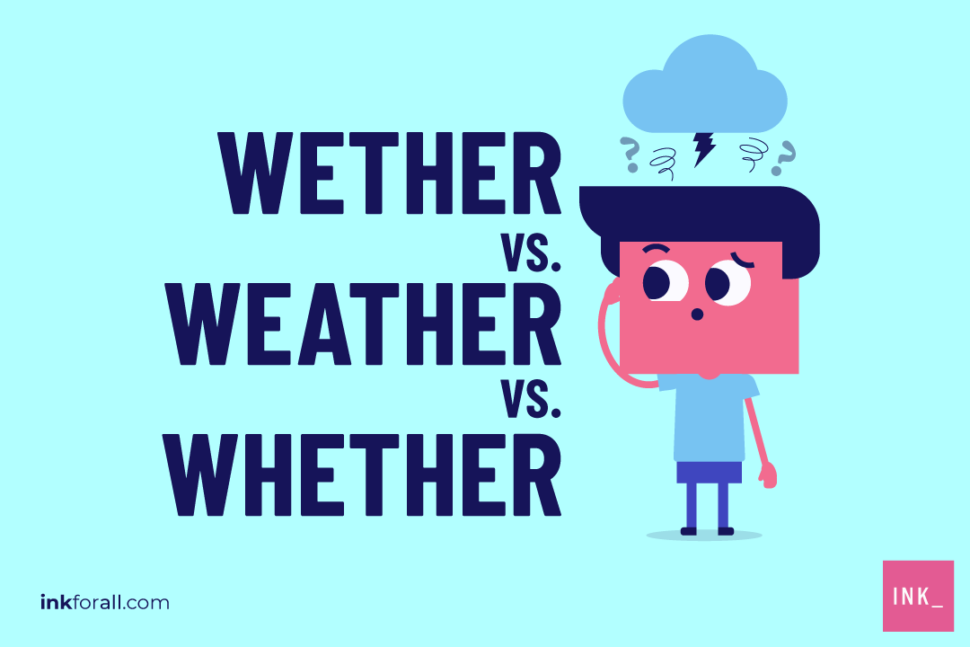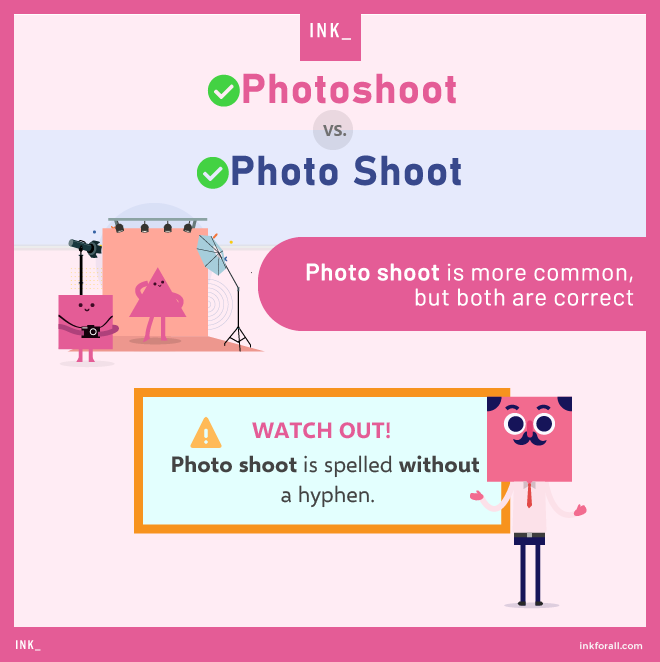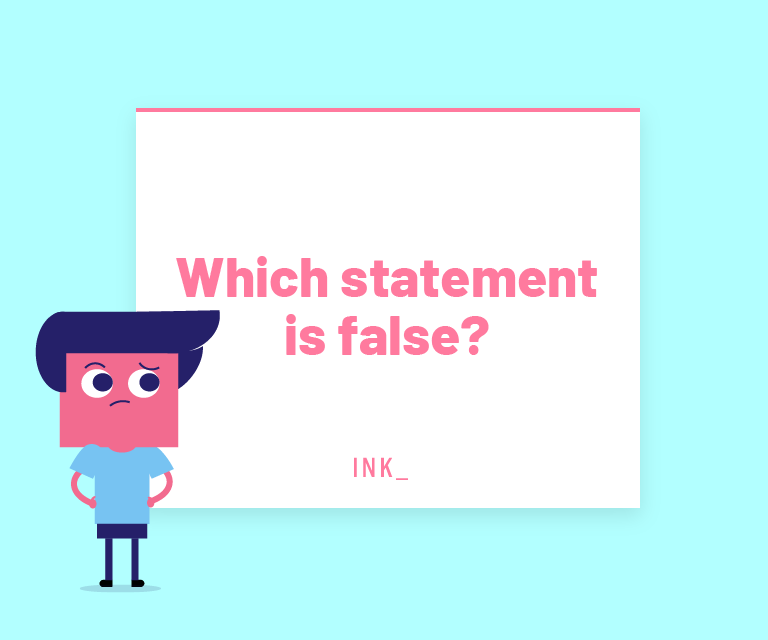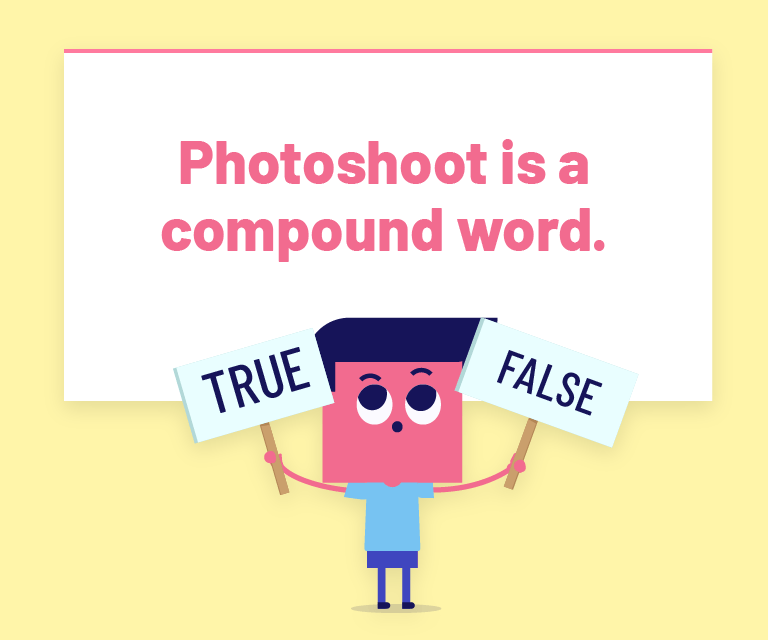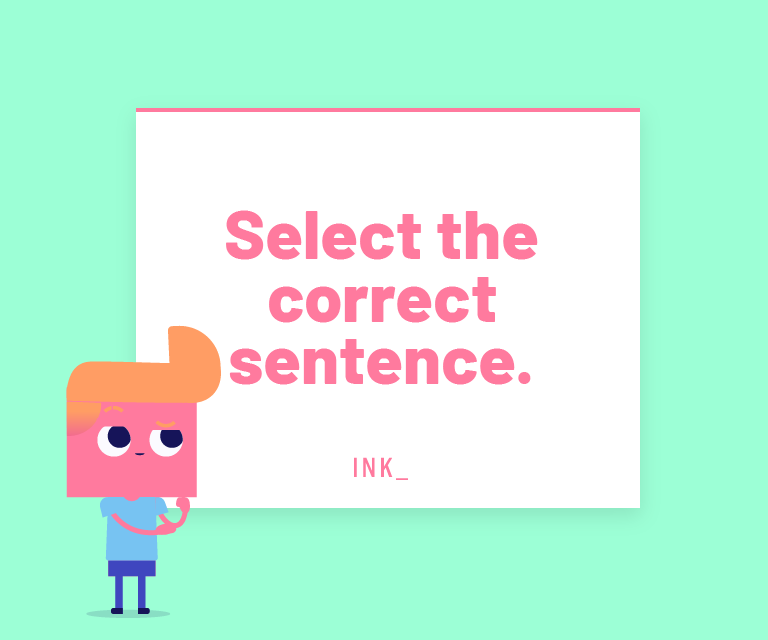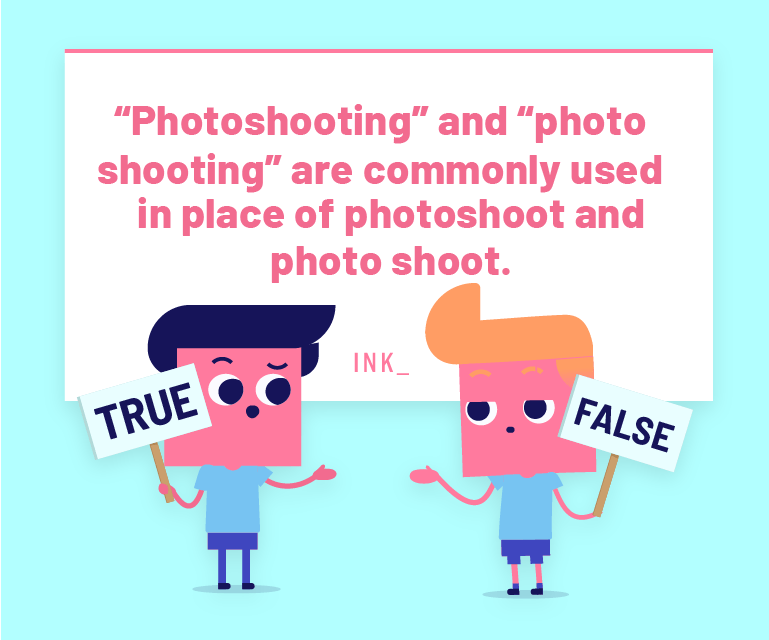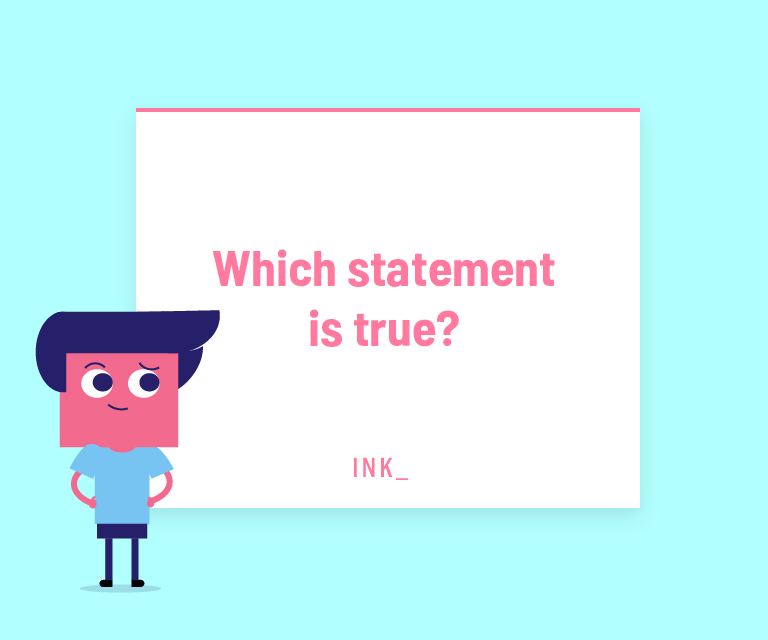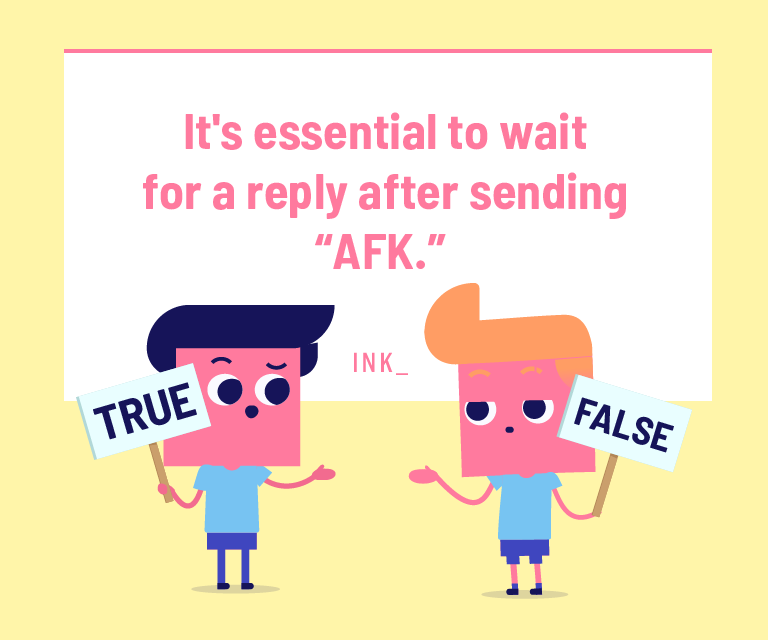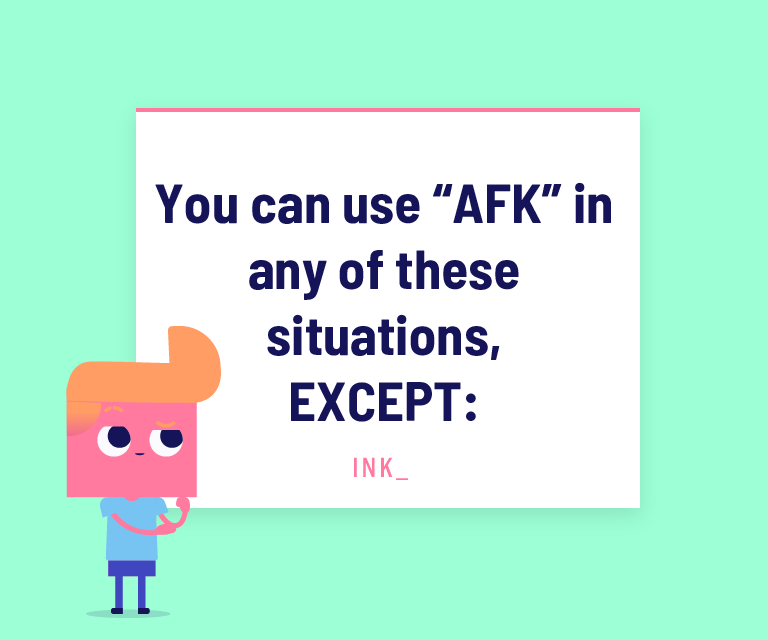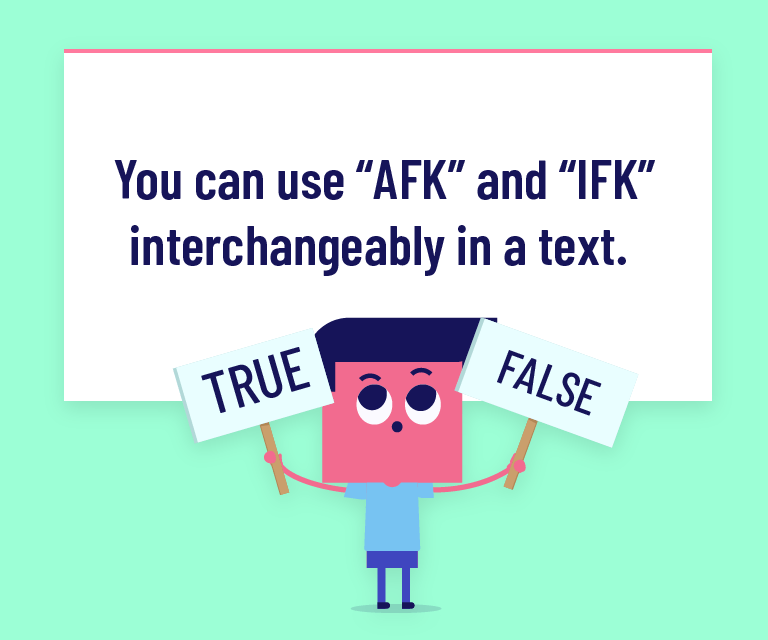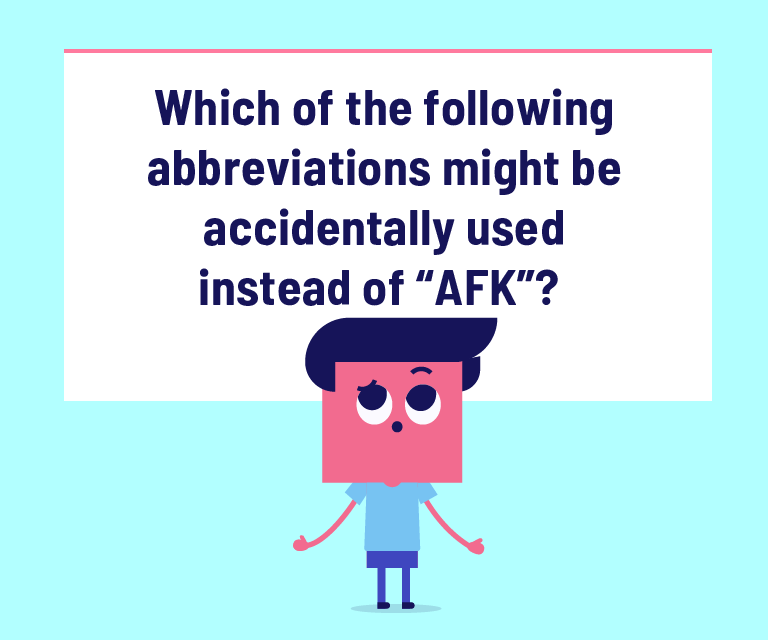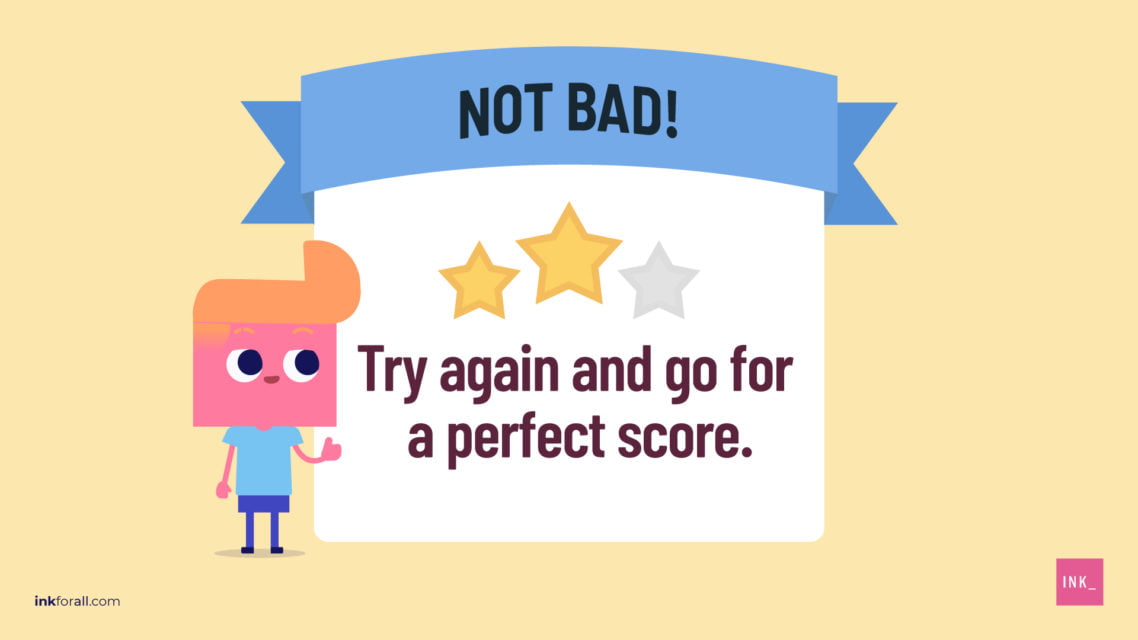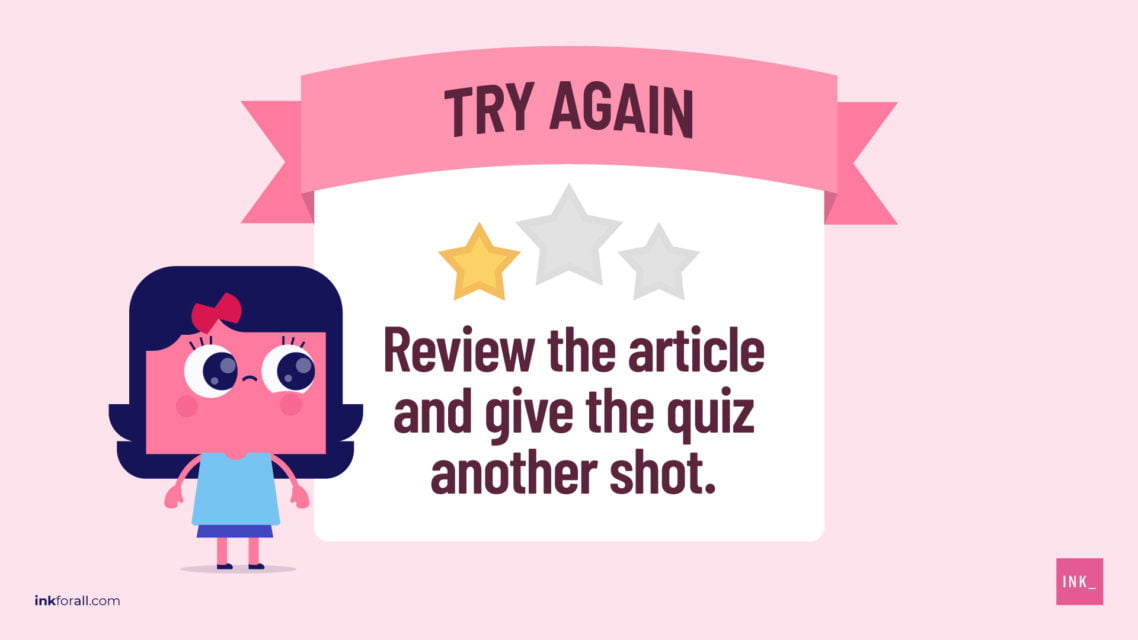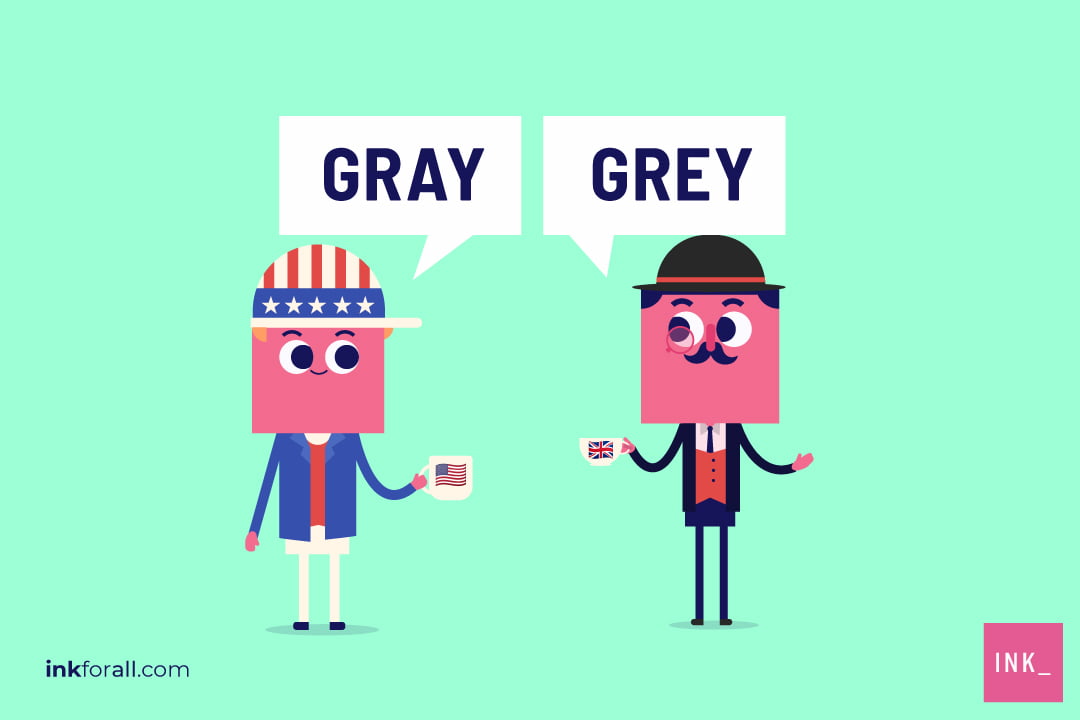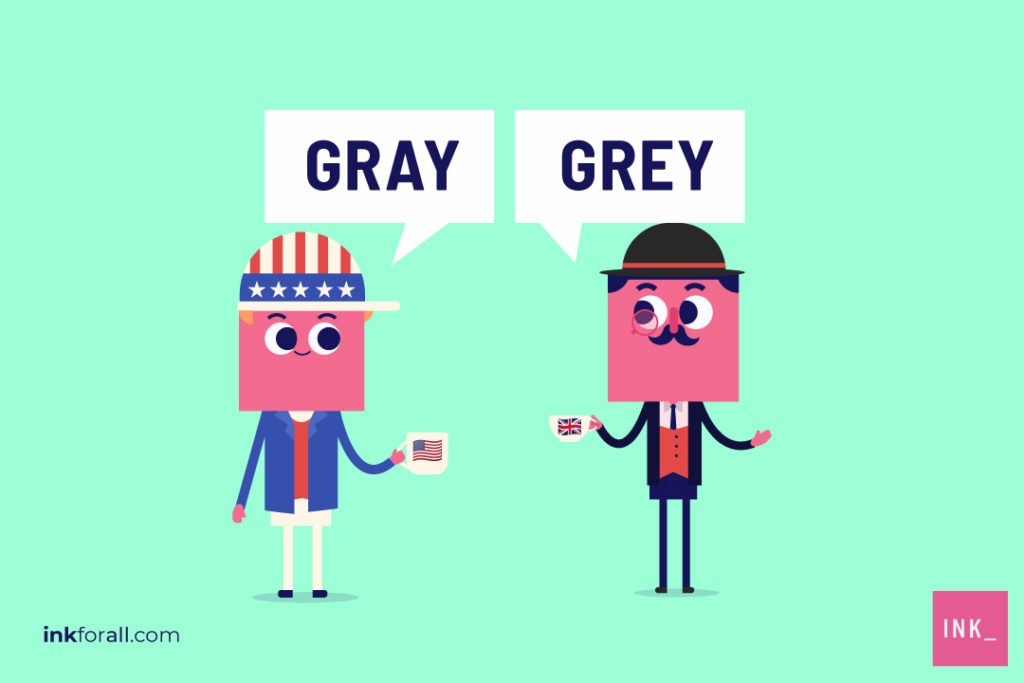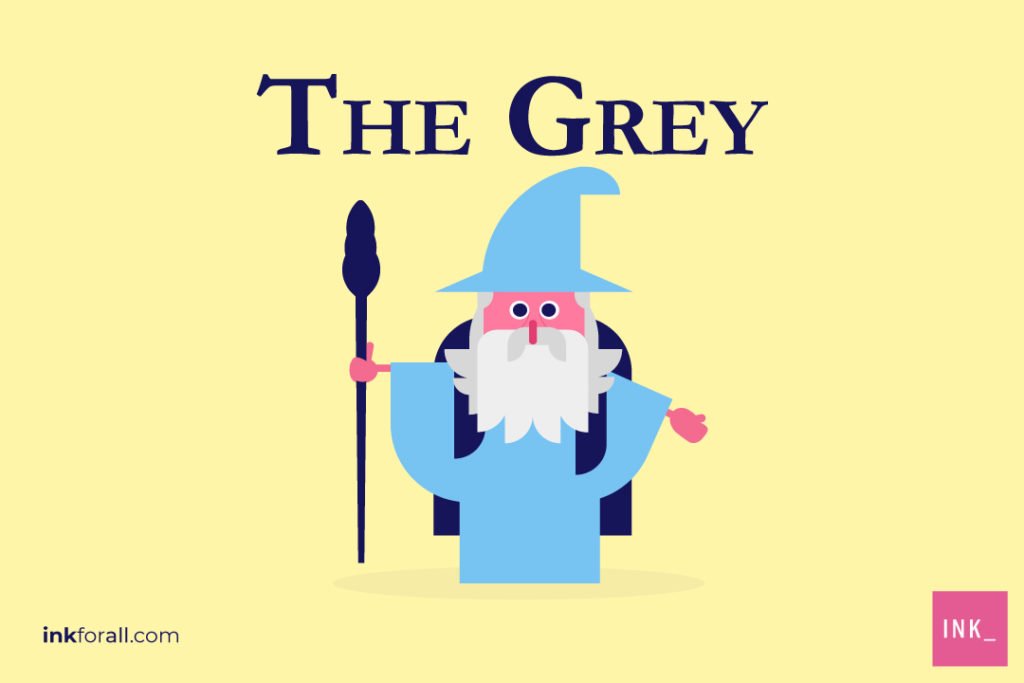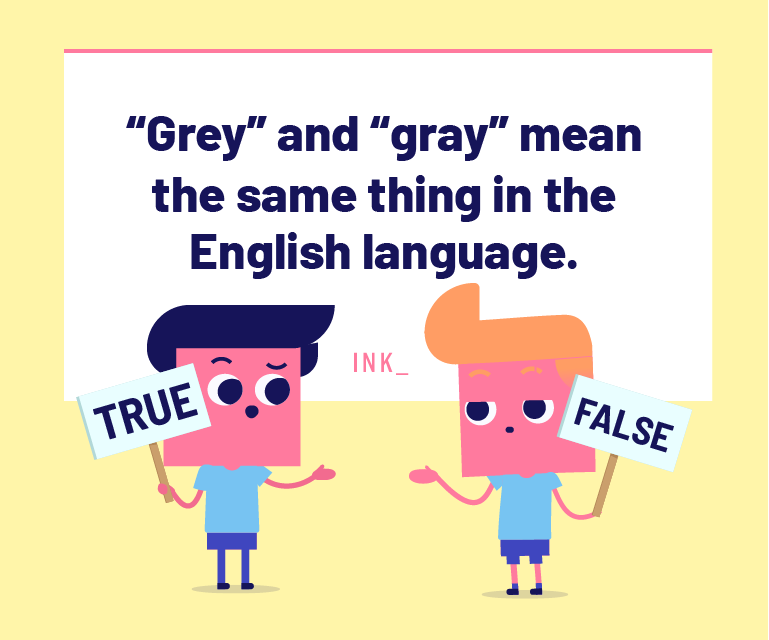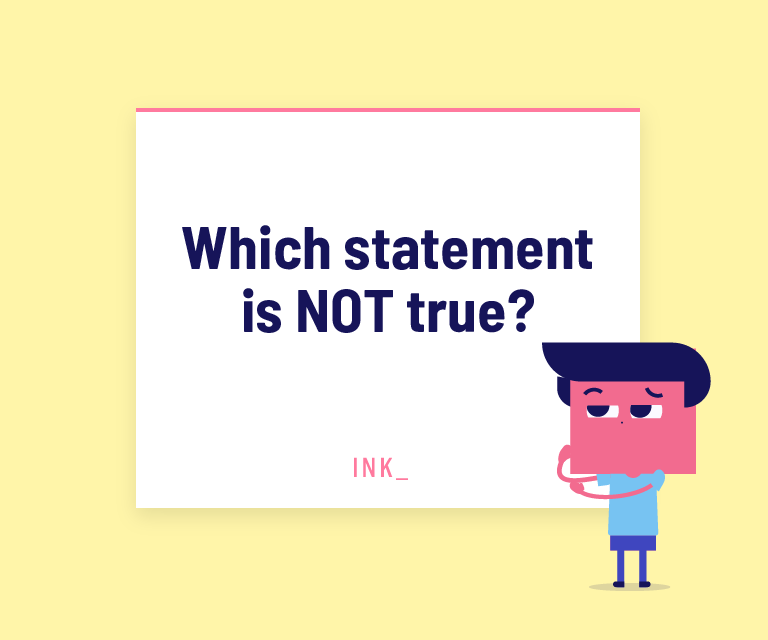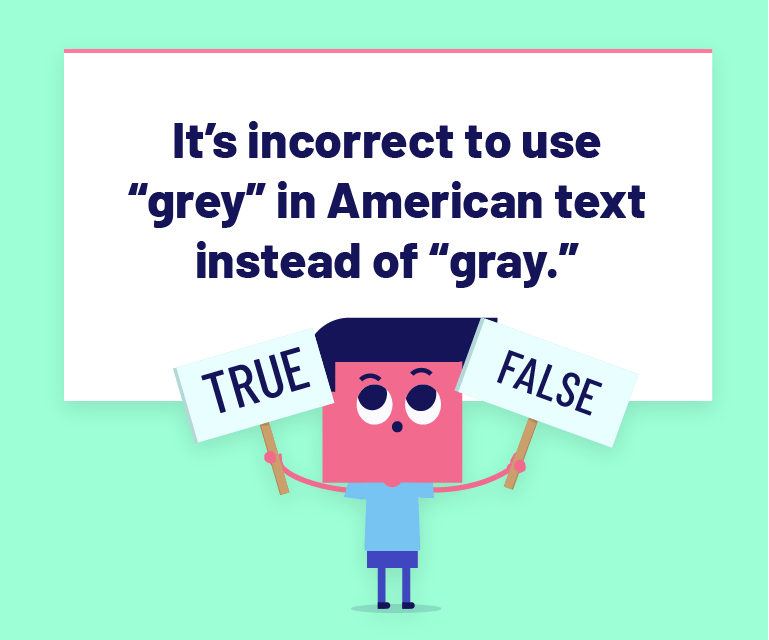Main Weather and Whether Takeaways:
- Wether, weather, and whether are homophones. This means that they sound alike but have different meanings.
- Weather refers to the atmospheric state, including temperature, cloud cover, and moisture.
- Whether is a conjunction that helps express possibilities and choices.
- Wether is the term for a castrated sheep or goat.
Maybe you planned on bringing the wether in from the pasture whether or not the weather turned bad. Wether, weather, and whether are three of the most confusing homophones in the English language. In this article, we’ll define each word. Then, we’ll show you plenty of easy examples of how to correctly use each one with confidence.
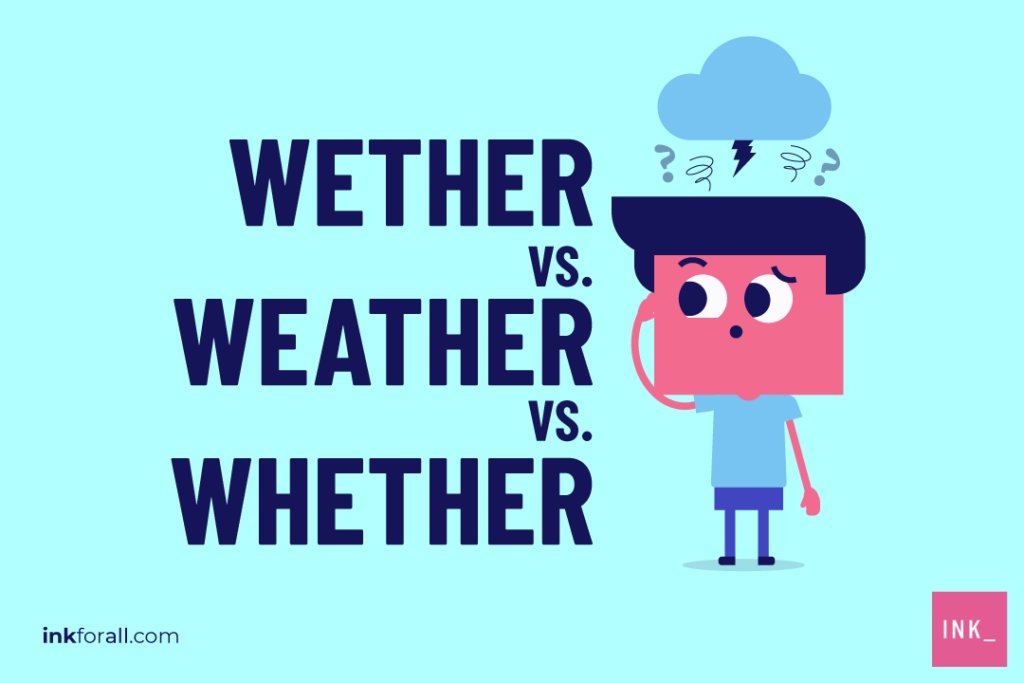

Are Weather and Whether Homophones?
Homophones are words that sound almost identical when pronounced but have different spellings and meanings. Wether, weather and whether are homophones. These three words sound the same. But, they have different spellings and completely different meanings. For example, a wether is a castrated male goat or sheep. Conversely, weather refers to atmospheric conditions. Finally, whether can be a synonym for if an refers to possibilities or choices.
What is the Difference Between Weather and Whether?
Weather and whether are often confused but they are not interchangeable. On one hand, the word is a noun that weather refers to atmospheric conditions like temperature, pressure, wind, and rain. It can also be a verb that means to endure of survive challenging experience. (to weather a storm). What’s more, it can also we an adjective that means to erode or wear away (the old coat looked weathered). On the other hand, whether is a conjunction. It refers to choices or possibilities. Depending on the sentence, you can usually substitute whether with if or no matter what.
The conjunctionwhether represents possibilities and is similar to if. It can be used in three ways:
- When there is a choice between two possibilities
- When it doesn’t matter which possibility is true (whether…or not)
- And when there’s doubt about which possibility is true
How Do You Remember the Difference Between Weather and Whether?
Here’s how to remember the difference between weather and whether: count the ‘Hs’. For example, whether refers to weighing choices or possibilities, so associate the two ‘Hs’ in whether with two possibilities. Conversely, there is usually only one atmospheric condition at a time, so associate the one ‘H’ in weather with one condition. Moreover a wether is a goat or sheep that has been castrated, or had two reproductive organs removed. Associate those two missing organs with the missing letters ‘A’ (from weather) and one ‘H’ (from whether) to get wether. Alternatively, remember that the ‘A’ in weather stands for air. Or, that storms affect the sea, which has an ‘AE’ letter combination like weather.
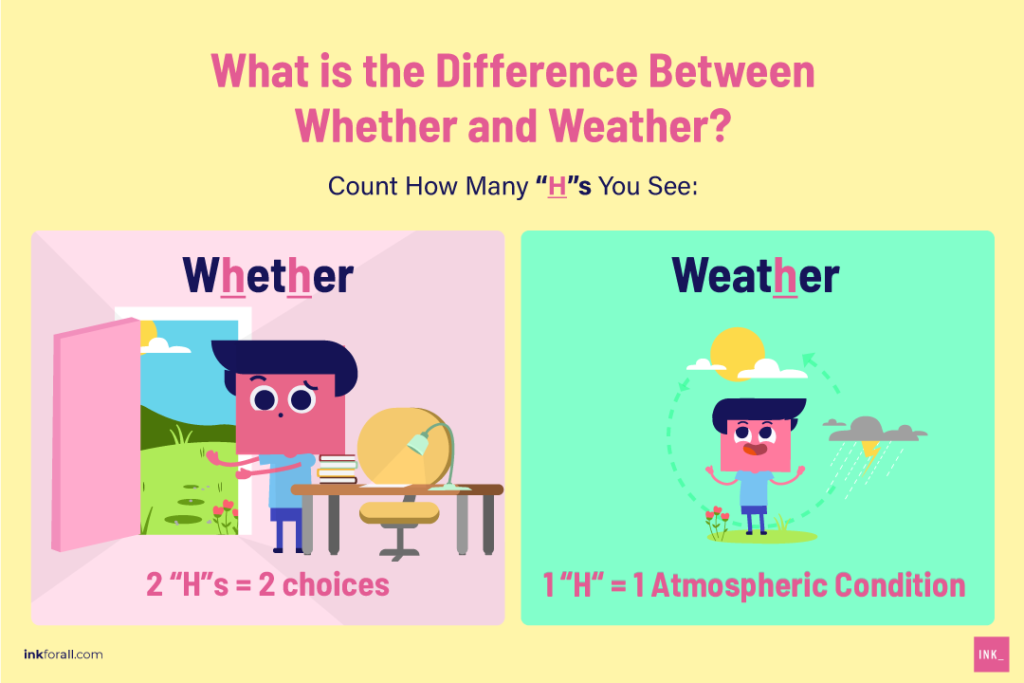

Trick #1: Count the number of ‘Hs’
- One ‘H’ = One atmospheric condition = weather
- Two ‘Hs’ = Two possibilities = whether
- One ‘H’ and no ‘E’ = Two missing letters = wether
Trick #2: Look for the ‘A’
Associate the letter ‘A’ in weather with the word air.
This is because the weather usually changes with the air. For example, hot air usually brings hotter temperatures. Or, when hot and cold air clash, it might create a storm.
Trick #3: Look for the ‘E/A’ Combo
Since the weather can affect sea conditions, associate the ‘E/A’ letter combination in the word sea with the same combination in the word weather.
Trick #4: Replace with If or Whatever Happens
Confirm if you should use weather or whether by replacing the word. Substitute with the word if.
If the sentence still makes sense and is grammatically correct, then whether is the correct choice.
Alternatively, whether can appear as part of construction whether…or not. Phrases with this construction might appear at the beginning of a sentence as an introductory clause, or at the end of a sentence as a dependent clause.
In these cases, replace the entire whether phrase with a phrase like no matter what, whatever the case, or no matter what happens.
If the sentence still makes sense and is correct, then whether is the correct word to use.
How Do You Use Whether in a Sentence?
Here are examples of how to use whether in a sentence:
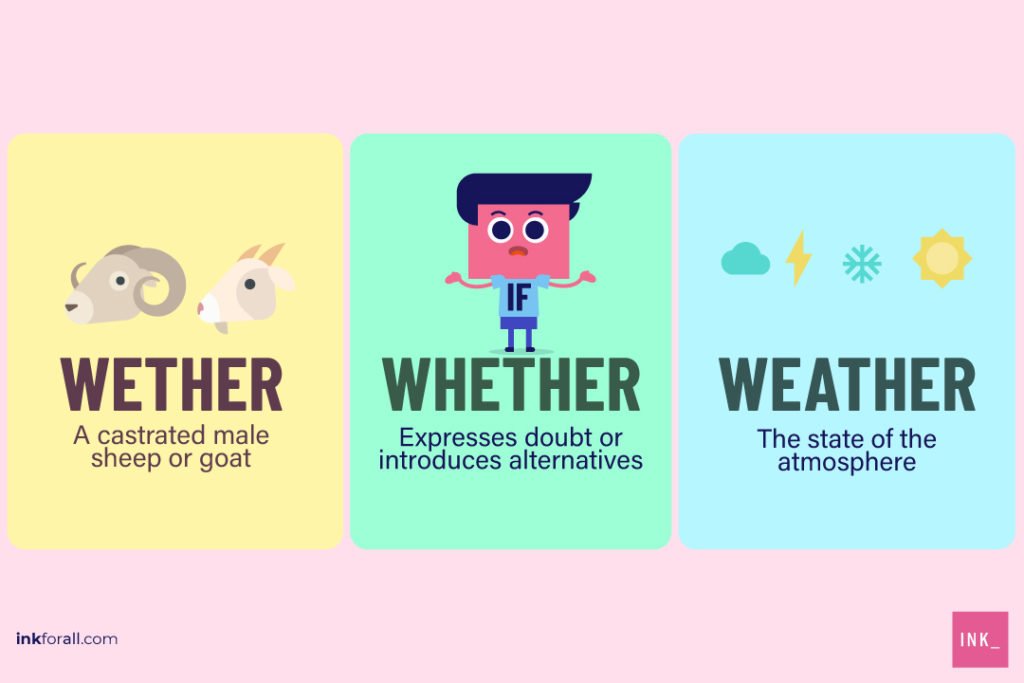

How Do You Use Wether in a Sentence?
Here are examples of how to use wether in a sentence:
What is Another Word for Whether?
Several synonyms for whether exist in the English Language. Some of these include: if, in any case, either, even if, supposing, either way, and irrespective. Here are some other words for whether:
- Regardless
- Deservedly
- Incidentally
- Nilly-willy
- Whether or not
- On the assumption that
- If it follows that
- Notwithstanding if
- Regardless of whether
Is it Correct to say: Whether it be?
Strange as it may sound, it’s grammatically correct to say “whether it be.” The phrase describes a conditional or imaginary situation. It indicates a range of possible things or events. You can also use “whether it be” to express doubt about a specific situation.
The first sentence suggests that Jane could be doing either activity. In the second sentence, it is saying that Joey likes anything sweet from both the stated and unstated possibilities.
Common Expressions With Whether, Weather and Whether
Knowing which spelling to choose—wethervs. weather vs. whether—can be tricky. Knowing how to spell them in expressions and words that include them can be even trickier. Let’s explore a few.
How Do You Spell Bellwether?
The word bellwether originated when shepherds—or goatherds, as the case may be—attached a bell to the lead wether. The ringing of the bell would call the other animals to follow. Today, a bellwether is a leader or a trendsetter. It may refer to a person, or to a place or object that serves as an indicator or predictor.
What Does it Mean to Feel Under the Weather?
This colloquialism under the weather refers to someone who is sick or in poor spirits. It originated as a nautical term that referred to an unwell sailor who was sent below deck. There, he would be sheltered from the weatherwhile he recuperates. Thus, it takes on the spelling of weather.
What is a Fair-Weather Friend?
A fair-weather friend is another common weather-related idiom. This one has been around since the mid-1800s or earlier. It refers to a friend who is there in good times, but can’t be counted on in bad times. In other words, a fair-weather friend is around when skies are blue, but not when the weather turns stormy. Because of this, it’s spelled as weather.
Is it Weather or Whether? Or, Wether? Take this Quick Quiz!
Weather vs. Whether Question #1
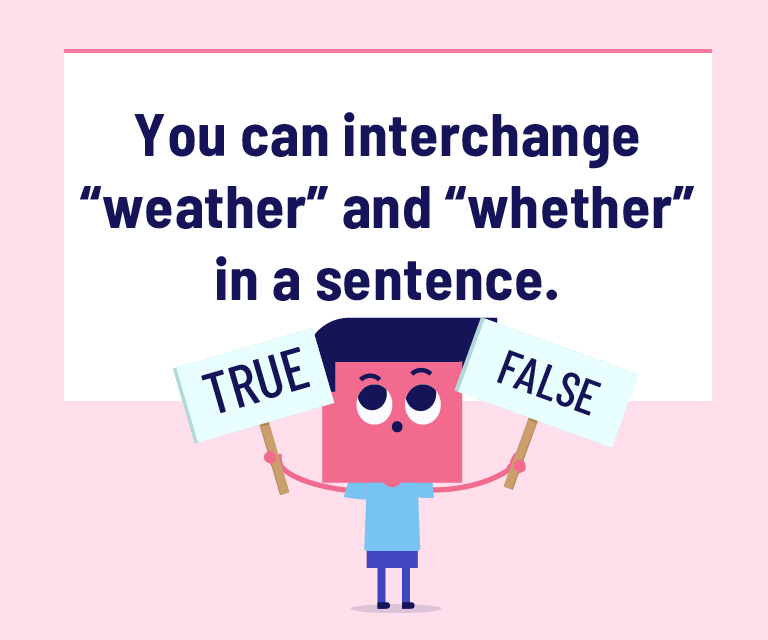

The answer is FALSE. “Weather” refers to an atmospheric condition. “Whether” expresses doubt or introduces alternatives.
Wether vs. Weather vs. Whether Question #2
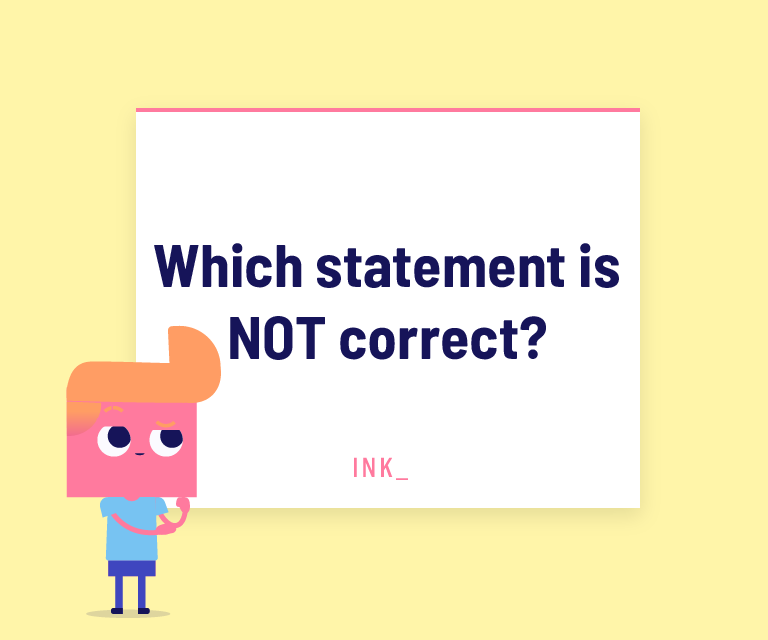

The answer is A. “Wether” is the term for a castrated sheep or goat.
Wether vs. Weather vs. Whether Question #3
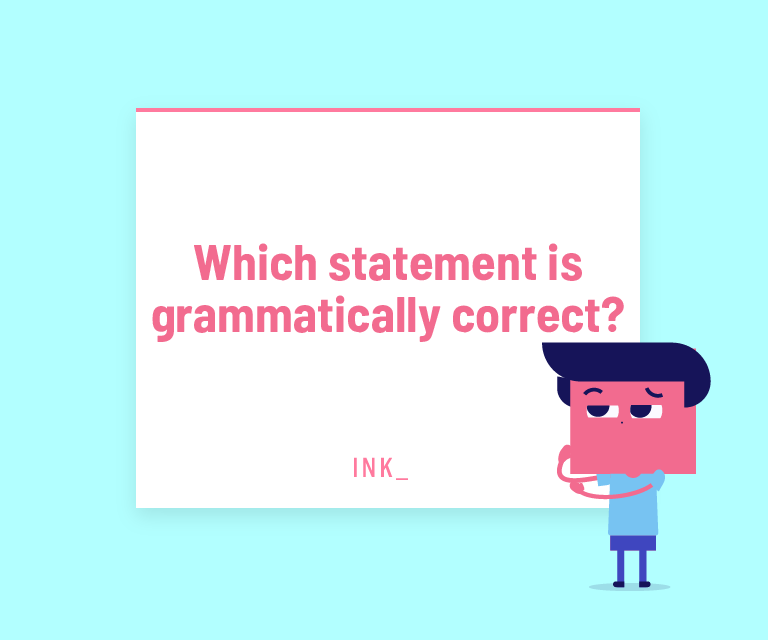

The answer is B. Weather refers to the atmospheric state, including temperature, cloud cover, and moisture.
Weather Question #4
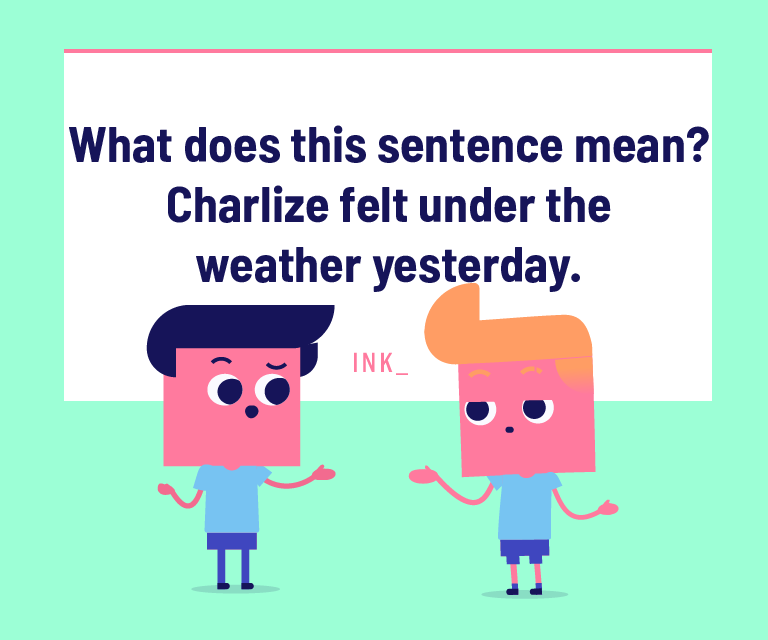

The answer is A. “Under the weather” is a common colloquialism that refers to someone who is ill or in poor spirits.

